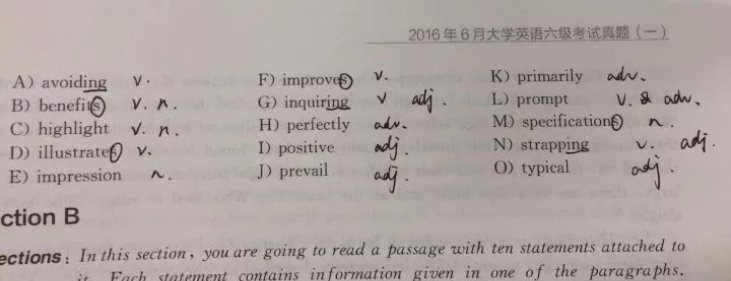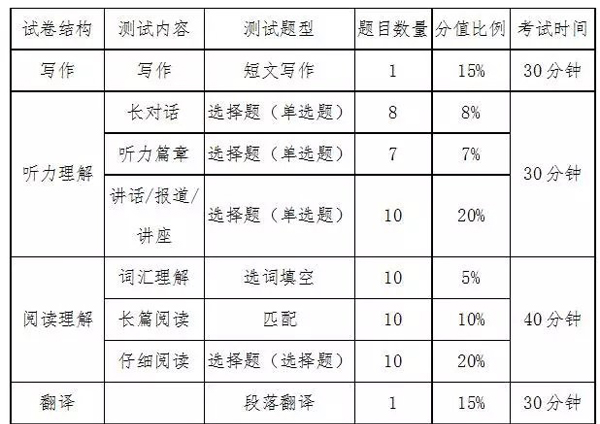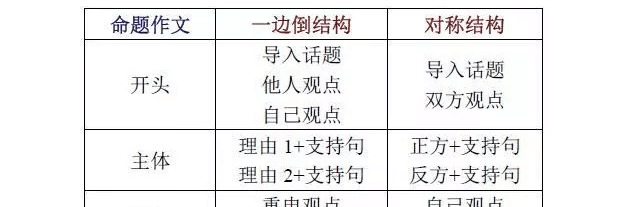LSAT模拟试题:LSAT模拟试题TEST3逻辑2c
|
19. The efficiency of microwave ovens in destroying the harmful bacteria frequently found in common foods is diminished by the presence of salt in the food being cooked. When heated in a microwave oven, the interior of unsalted food reaches temperatures high enough to kill bacteria that cause food poisoning, but the interior of salted food does not. Scientists theorize that salt effectively blocks the microwaves from that salt effectively blocks the microwaves from heating the interior. Which one of the following conclusions is most supported by the information above? (A) The kinds of bacteria that cause food poisoning are more likely to be found on the exterior of food than in the interior of food. (B) The incidence of serious food poisoning would be significantly reduced if microwave ovens were not used by consumers to cook or reheat food. (C) The addition of salt to food that has been cooked or reheated in a microwave oven can increase the danger of food poisoning. (D) The danger of food poisoning can be lessened if salt is not used to prepare foods that are to be cooked in a microwave oven. (E) Salt is the primary cause of food poisoning resulting from food that is heated in microwave ovens. 20 Pamela: Business has an interest in enabling employees to care for children, because those children will be the customers, employees, and managers of the future. Therefore, businesses should adopt policies, such as day-care benefits that facilitate parenting. Lee: No individual company, though, will be patronized, staffed, and managed only by its own employees children, so it would not be to a company s advantage to provide such benefits to employees children, so it would not be to a company s advantage to provide such benefits to employees when other companies do not. In which one of the following pairs consisting of argument and objection does the objection function most similarly to the way Lee s objection functions in relation to Pamela s argument? (A) new roads will not serve to relieve this area s traffic congestion, because new roads would encourage new construction and generate additional traffic. Objection: Failure to build new roads would mean that traffic congestion would strangle the area even earlier. (B) Humanity needs clean air to breathe, so each person should make an effort avoid polluting the air. Objection: The air one person breathes is affected mainly by pollution caused by others, so it makes no sense to act alone to curb air pollution. (C) Advertised discounts on products draw customers attention to the products. So advertised discounts benefit sales. Objection: Customers already planning to purchase a product accelerate buying to take advantage of advertised discounts, and those subsequent sales suffer. (D) If people always told lies, then no one would know what the truth was, so people should always tell the truth. Objection: If people always told lies, then everyone would know that the truth was the opposite of what was said . (E) Human social institutions have always changed. So even if we do not know what those changes will be, we do know that the social institutions of the future will differ from those of the past. Objection: The existence of change in the past does not ensure that there will always be change in the future. 21. Pedro: Unlike cloth diapers, disposable diapers are a threat to the environment. Sixteen billion disposable diapers are discarded annually, filling up landfills at an alarming rate. So people must stop buying disposable diapers and use cloth diapers. Maria: But you forget that cloth diapers must be washed in hot water, which requires energy. Moreover, the resulting wastewater pollutes our rivers. When families use diaper services, diapers must be delivered by fuel-burning trucks that pollute the air and add to traffic congestion. Maria objects to Pedro s argument by (A) claiming that Pedro overstates the negative evidence about disposable diapers in the course of his argument in favor of cloth diapers. (B) indicating that Pedro draws a hasty conclusion, based on inadequate evidence about cloth diapers. (C) pointing out that there is an ambiguous use of the word "disposable" in Pedro s argument (D) demonstrating that cloth diapers are a far more serious threat to the environment than disposable diapers are (E) suggesting that the economic advantages of cloth diapers outweigh whatever environmental damage they may cause 22. In an experiment, two-year-old boys and their fathers made pie dough together using rolling pins and other utensils. Each father-son pair used a rolling pin that was distinctively different from those used by the other, "father-son pairs, and each father repeated the phrase "rolling pin" each time his son used it. But when the children were asked to identify all of the rolling pins among a group of kitchen utensils that included several rolling pins, each child picked only the one that he had used. Which one of the following inferences is most supported by the information above? (A) the children did not grasp the function of rolling pin. (B) No two children understood the name "rolling pin" to apply to the same object (C) The children understood that all rolling pins have the same general shape. (D) Each child was able to identify correctly only the utensils that he had used. (E) The children were not able to distinguish the rolling pins they used from other rolling pins. 23. When 100 people who have not used cocaine are tested for cocaine use, on average only 5 will test positive. By contrast. of every 100 people who have used cocaine 99 will test positive. Thus, when a randomly chosen group of people is tested for cocaine use. the vast majority of those who test positive will be people who have used cocaine. A reasoning error in the argument is that the argument (A) attempts to infer a value judgment from purely factual premises. (B) attributes to every member of the population the properties of the average member of the population. (C) fails to take into account what proportion of the population have used cocaine. (D) ignores the fact that some cocaine users do not test positive. (E) advocates testing people for cocaine use when there is no reason to suspect that they have used cocaine. 24. If a society encourages freedom of thought and expression, then, during the time when it does so, creativity will flourish in that society. In the United States creativity flourished, during the eighteenth century. It is clear, therefore, that freedom of thought was encouraged in the United States during the eighteenth century. An error of reasoning of the same kind as one contained in the passage is present in each of the following arguments EXCEPT: (A) According to the airline industry, airfares have to rise if air travel is to be made safer; since airfares were just raised, we can rest assured that air travel will therefore become safer. (B) We can conclude that the Hillside police department has improved its efficiency, because crime rates are down in Hillside, and it is an established fact that crime rates go down when police departments increase their efficiency. (C) People who are really interested in the preservation of wildlife obviously do not go hunting for big game; since Gerda has never gone hunting for big game and intends never gone hunting for big game and intends never to do so. it is clear that she is really interested in the preservation of wildlife. (D) If the contents of a bottle are safe to drink, the bottle will not be marked "position" so, since the bottle is not marked "poison", its contents will be safe to drink. (E) None of the so-called Western democracies is really democratic, because, for a country to be democratic, the opinion of each of its citizens must have a meaningful effect on government, and in none of these countries does each citizen s opinion have such an effect. |








